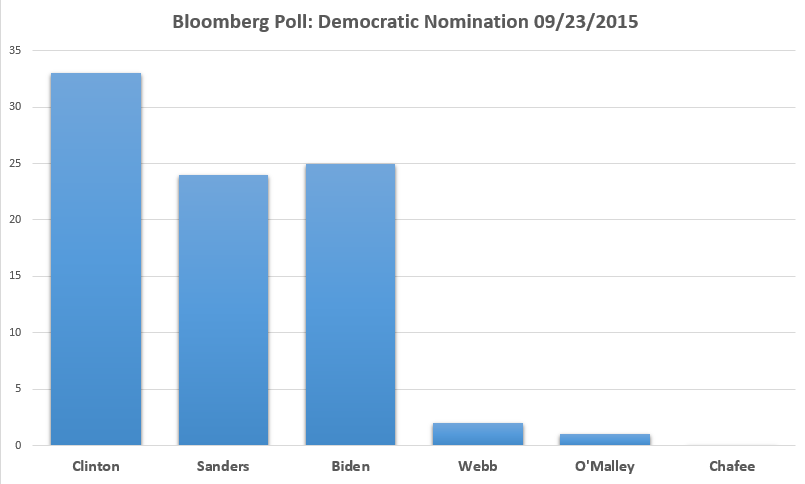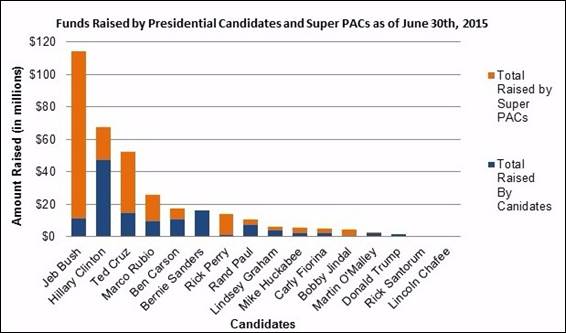Sweet, Sour, Salty and...Fat? Scientists Add a New Basic Taste

The thousands of taste buds on a human tongue each contain as many as 100 taste receptors. The interaction between those receptors and the chemicals in our food determine the taste of that hamburger or salad you’re having for lunch.
Our sense of taste has long been broken into four basic categories — sour, sweet, salty and bitter. A fifth basic taste was added more recently: umami, which means “delicious” in Japanese but refers to a meaty or savory flavor sensation. Now researchers claim there’s a sixth basic taste.
Scientists at Purdue University have published a new study in the journal Chemical Sense that they say provides evidence that chemicals called nonesterified fatty acids (NEFA) — in other words, fat — causes a taste sensation that is different from the other five tastes. The researchers have proposed that the new taste be referred to as “oleogustus.” “Oleo” is the root word for oily or fatty in Latin and “gustus” means taste.
Related: The 11 Worst Fast Food Restaurants in America
The researchers emphasize that they are talking about a taste, not just the creamy mouth feel you get from eating a rich piece of meat or a dish loaded in butter.
The fat that delivers that creamy, smooth feeling is a triglyceride, made up of three different fatty acids, they explain. Oleogustus — a gag-inducing taste on its own, but much more appetizing in combination with other flavors — comes from only one of those fatty acids that breaks off from the larger molecule in the food or as you’re chewing.
This finding has the potential to generate big changes in the food industry. Understanding the taste component of fat can do more than add to our knowledge of how our brain and digestive system interact. It may also help the food industry create more appealing, and potentially healthier, products.
Top Reads from The Fiscal Times:
- Teens Are Having Much Less Sex Than Their Parents Did at That Age
- You’re Richer Than You Think. Really.
- The New Generation of ‘Genuinely Creepy’ Electronic Devices
Will Trump's Tax Cuts Really Happen? Economists Are Surprisingly Optimistic
Despite all the thorny questions swirling around President Trump's nascent tax reform plan, 29 of 38 economists surveyed by Bloomberg in a monthly poll said they expect Congress to cut taxes by November of next year.
The hitch: The economists don’t expect the cuts will help the economy much. The median projection of a larger group of 71 economists is for 2018 growth of 2.3 percent, up only slightly from 2.1 percent this year — and by 2019, the economists see growth slipping back to 2 percent.




